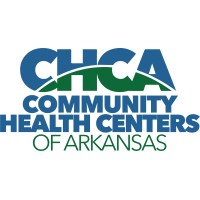
The Bridge Training Institute
The Bridge Training Institute offers continuing education workshops and personalized consultation services that focus on evidence-based and best practice treatment models. Our training and consultation services are tailored to meet the needs of schools, human service professionals and licensed clinicians. You will always come away with tools that you can put into practice the next day.






